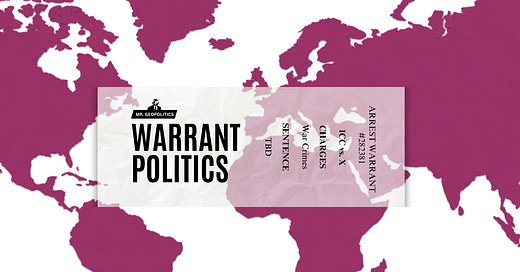Earlier this year, in May, the chief prosecutor of the International Criminal Court (ICC), Karim Khan, stunned many when he announced he had applied for arrest warrants for Israeli and Hamas leadership.
The warrants targeted Israeli Prime Minister Benjamin Netanyahu and then-Israeli defense minister Yoav Gallant, along with three leaders of Hamas: Yahya Sinwar, Mohammed Diab Ibrahim al-Masri (also known as Deif), and Ismail Haniyeh, all three of whom were subsequently killed, including the shock assassination of Haniyeh in Tehran, while Iran was holding its presidential inauguration.
When Khan announced his decision, published in a video by the ICC, it was met with immediate uproar in the West. In particular, key Republicans in the US threatened to sanction the ICC. In parallel, the British government intervened to block the warrants from being issued, a move reversed after the Labor Party was elected to power in July.
Several months later, on November 21, the ICC formally issued the arrest warrants. What this represents, however, is far more than just “law and order.”
Keep reading with a 7-day free trial
Subscribe to Mr. Geopolitics to keep reading this post and get 7 days of free access to the full post archives.





